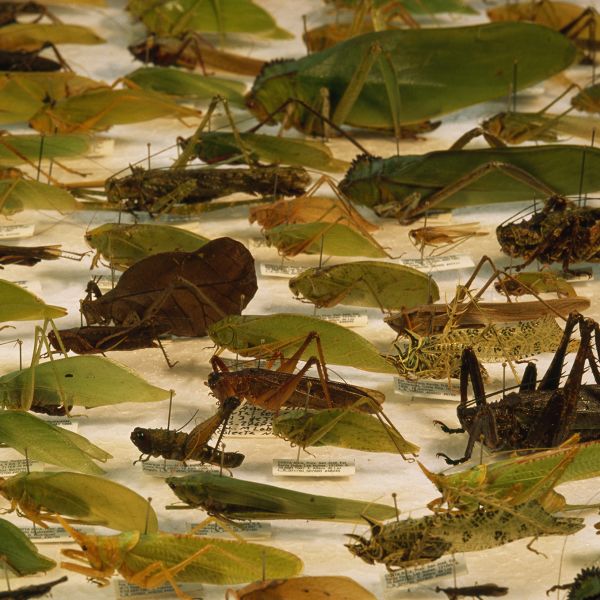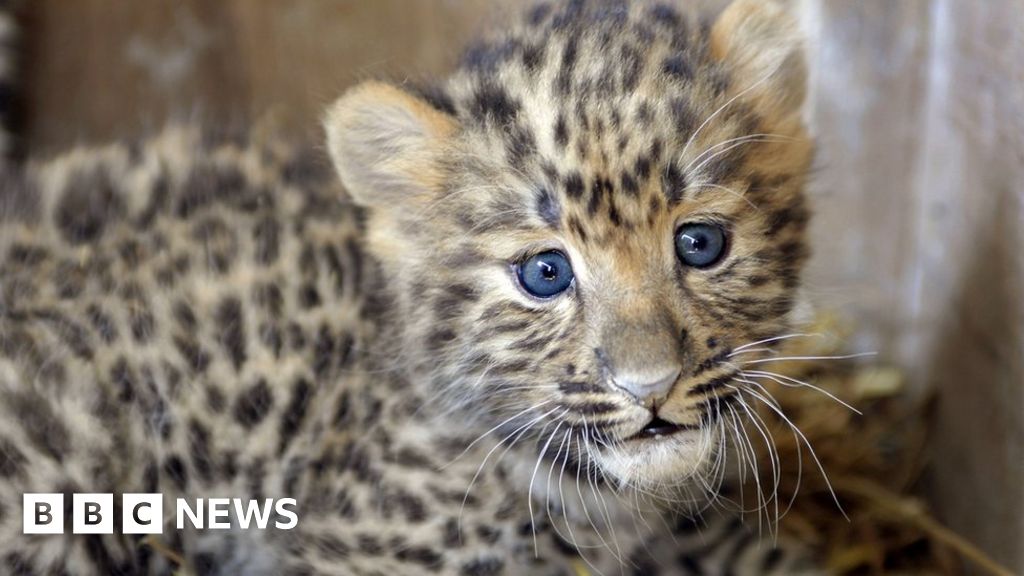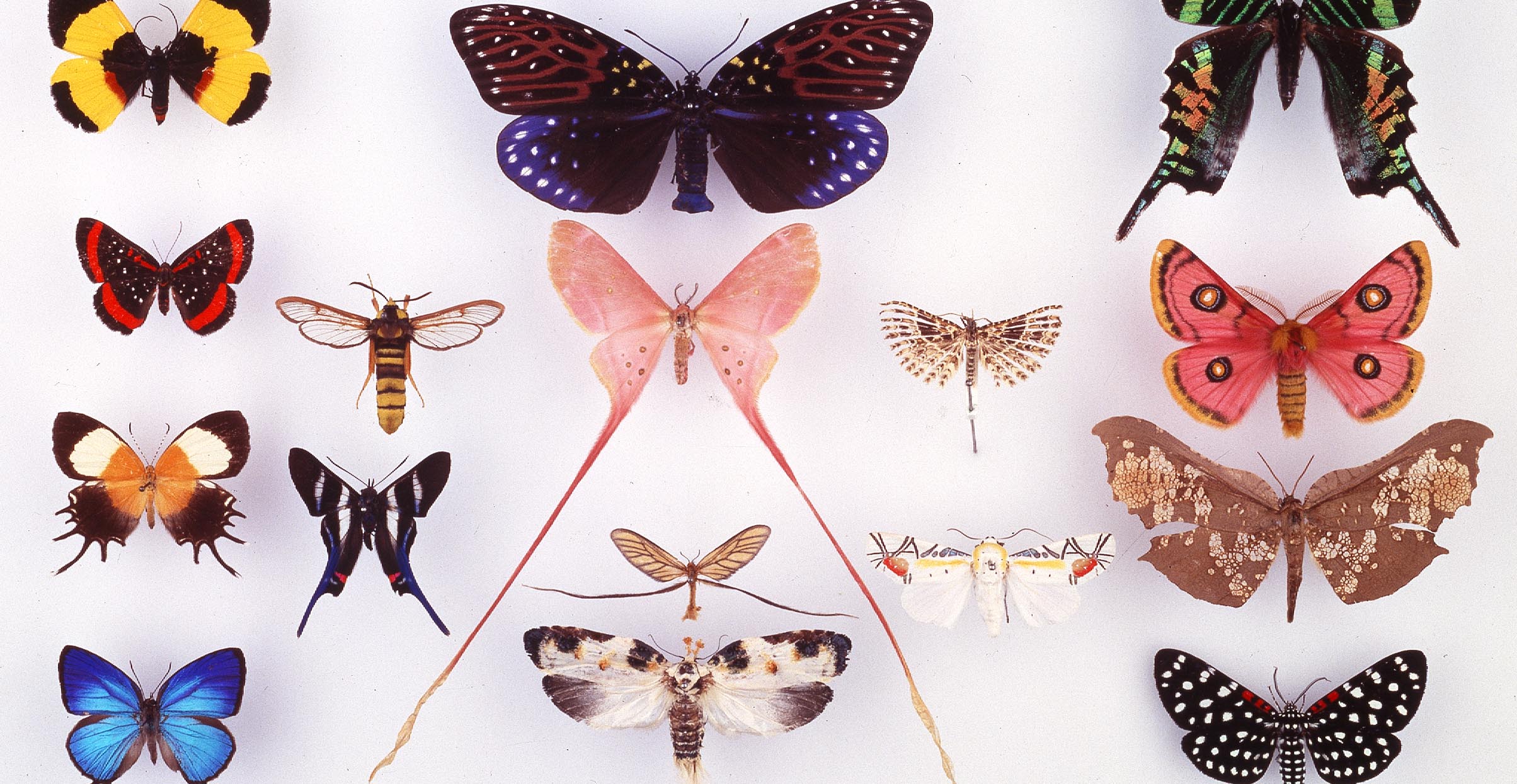Biodiversity refers to the variety of all life on Earth, including animals, plants, fungi, and microorganisms like bacteria. It encompasses not only the different species present in an ecosystem but also the genetic diversity within those species and the various ecosystems themselves. Biodiversity is crucial for human survival, as it provides essential services such as clean air, fresh water, food, and medicines. It also plays a vital role in maintaining environmental health by regulating climate, cleaning air, and limiting temperature rises[1][2][4].
Species richness, a common measure of biodiversity, is the count of different species in a specific area. For instance, the Amazon rainforest is extremely species-rich, hosting tens of thousands of species, while more arid regions, like the Sahara Desert, have significantly fewer species[3][4]. However, biodiversity is currently under threat from various human activities such as habitat destruction, pollution, and climate change, resulting in dramatic declines and putting many species at risk of extinction[2][3][4].
Get more accurate answers with Super Pandi, upload files, personalized discovery feed, save searches and contribute to the PandiPedia.
Let's look at alternatives:
- Modify the query.
- Start a new thread.
- Remove sources (if manually added).



